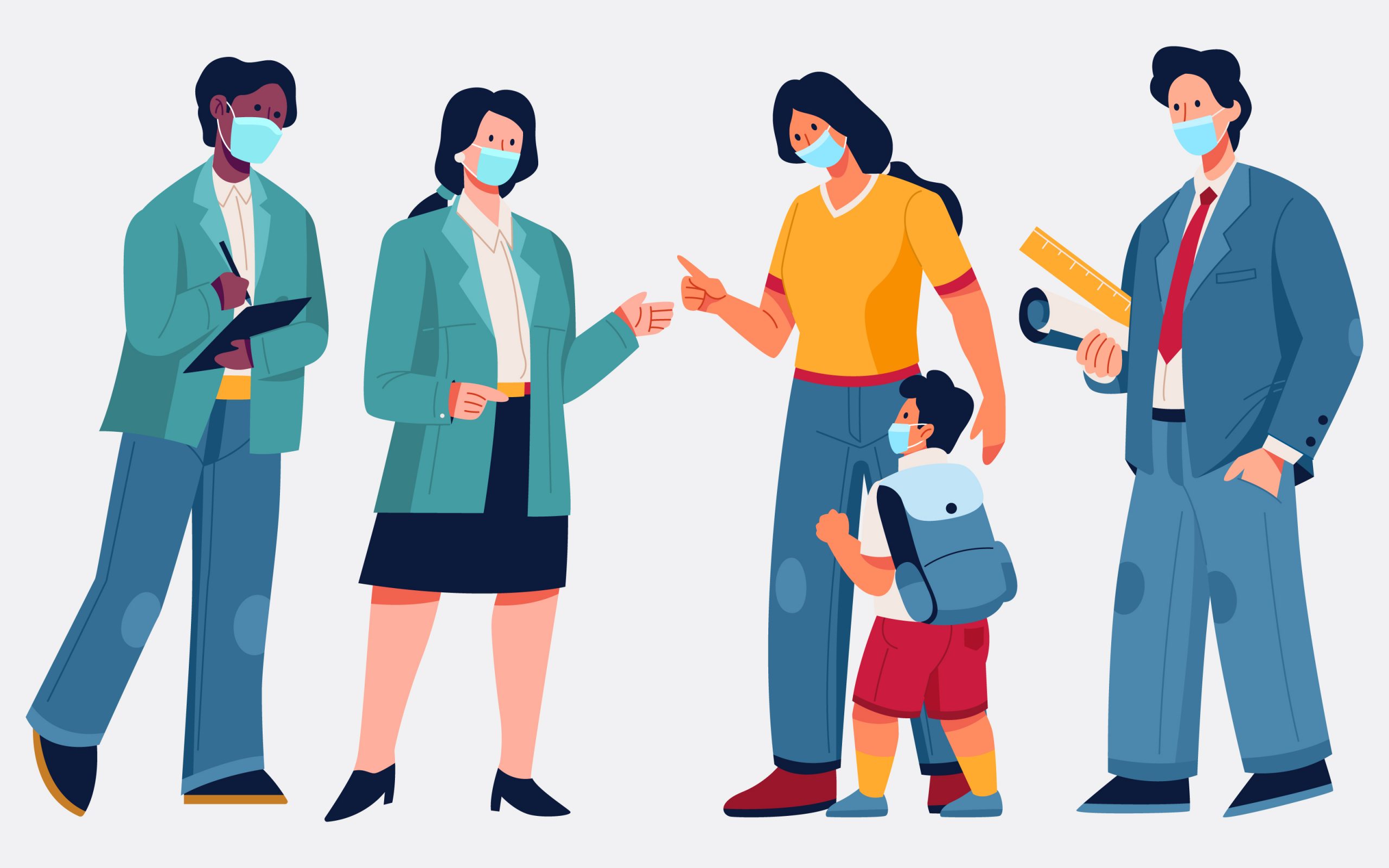
This lockdown has given me ample time to reflect back not just on my own thoughts, feelings and behaviors, but also understand the general human behavior as a whole. While most of the stated behavior looks obvious and nothing new, that is where the point in writing this article lies. Humans tend to overlook “obvious”, as defined by the psychology of willful ignorance or blindness.
In her book, Willful Blindness: Why We Ignore the Obvious at Our Peril, Margaret Heffernan explains the concept of willful blindness in context of legal system as:
It refers to a situation where — if an individual could have and should have known something, then the law treats it as if he knew it. The claim of not knowing isn’t a sufficient defense. Heffernan notes: “The law doesn’t care why you remain ignorant, only that you do.”
Also Read: Why are we so confused?
This basic and obvious understanding of human behavior is crucial to understand other people better, and therefore, manage personal and professional relationships better.
For ease of understanding and segregation, the general behaviors are divided according to fundamental human needs. A small, but important disclaimer is required here, because these common human behaviors are generalized (and definitely NOT stereotyped) on my limited viewpoint and assumptions only.
On Subsistence:
This is the need for survival, safety, security, and control. Humans are seeking to be more financially secure by postponing big-purchase decisions. They have this economic pressure of paying rent, day-to-day groceries, medications, and also have to keep aside a contingent reserve for future uncertainties. People are focusing largely on health and sanitation. Job security has become a large concern, especially with the lockdown crippling the economy. People have the fear of losing their job, or receiving a pay-cut, or furlough.
Given that humans generally want certainty and prefer to take control over situations, some people have stocked (or even hoarded) resources needed for survival. This need for control and certainty has triggered a horrific and disgusting face of humans – they want to eliminate outside threats. In pursuit to eliminate the threats, some people have taken extreme irrational measures – taking down bridges connecting two districts, blocking road access, or even xenophobic remarks and death threats to the coronavirus positive patient.
On Self Care & Recreation:
For self-care, people have not been able to go to gym work-outs or even their regular futsal games. People have opted to perform home-based exercises even with limited resources. Some people have started self-care in form of yoga and meditations, which is definitely one of many positive takeaways from the lockdown. People’s leisure and recreational needs in terms of traveling and exploring new places is hampered the most. To overcome this, people have resorted to cooking new recipes, Netflix and other on-demand video streams, and even playing online and offline games with friends and family.
On Understanding & Growth:
Humans have this need for acquiring knowledge, comprehending the knowledge, and applying the understood knowledge for greater wisdom. People have learnt new recipes, read new books, explored themselves, and gathered new facts and information about various subject matters. People also have taken this lockdown time for enrolling in various online free courses and participating in webinars. These would – hopefully – expedite their mastery and growth over the subject matter of their interest.
For the working population, few of their works are now being done from home. This has triggered the need to teach themselves with technology usage. Use of internet, web-based software, video-conferencing, and online collaboration are probably at all time high. The late majority and laggards (as defined in the Diffusion of Innovation Curve) are now finally adopting the remote and virtual way of working.
However, on the flip side of consuming information comes misleading and fake news that quickly spreads around the social networks. The lack of people verifying the authenticity and credibility of such misleading and fake information seems to be a major threat for the community as a whole. To combat these, fact-checking sites such as Nepal Fact Check have also evolved rapidly during the lockdown.
On Connection & Love:
Humans crave for connection, love, belongingness, care, acceptance, and even touch and physical contact. The lockdown period has definitely brought some people close to their family as a result of being at home all the time. On the flipside, some people (especially migrant workers) are stuck in foreign countries and are dying to come back home. Some people have swam across the Mahakali river to get back to their motherland. Some people have adventured numerous days’ journey on foot to go back home, be it in hope or despair.
To keep up with peers, friends, and colleagues, people have started various “challenges” in social media apart from regular video calls. From posting pictures clad in beautiful sarees, to reminiscing when they first met together, people have craved for connection. Dalgona coffee, Instagram Bingos are just other examples which state the obvious – people do crave for connection.
With the nature of the coronavirus itself, the touch and physical contact are at the threat. Being forced to isolate and maintain a distance, some people will have a hard time keeping their hands off their loved ones. I’m assuming the hug to your loved one(s) after lockdown ends (and hopefully the pandemic ends too) is going to be a very special one.
People are working from home to keep up with their work, but this has also impacted the need for love and connection from their family members. For some people working from home, they have found themselves working for more hours, stressing more, and eventually exhausting themselves more. This culture is making some people’s life hard in terms of managing their work, family, and self.
On Creation & Contribution:
While humans crave for love and care, they also have this need for creating something, contributing to others, serving people and community, and making the world around us better.
People are using all local resources available for keeping things on-going. There have been wonderful examples of COVID testing booths being made in Nepal with locally available resources, the Personnel Protective Equipment (PPE) being stitched locally and distributed without any charges, and so on. Brands have collaborated together to make daily groceries and necessary equipment available to their doorsteps at this time of crisis. Businesses are being creative with alternate services and products and thus, generating sources for sustaining.
People are fulfilling this need to give and do for others (contribution) by helping the daily wage earners, collecting funds, assisting them with relief items, and so on. This demonstrates the empathy humans have within ourselves. However, the question still remains at large about empathy when it comes to treating COVID affected people as criminals.
On Identity & Purpose:
During this time of crisis, people’s need for recognition, status, identity, significance, and purpose have largely been secondary. This could primarily be because of human beings’ need for survival is larger than identity and purpose in this time of crisis. However, I have seen some circumstances where some people have been reinforcing their identity via social networks, as well as some people realizing new found identity as well as purpose of life, during this time of crisis.
These were the basic human behaviors that I managed to identify with my own set of observations. I’m sure I have missed out a lot. Help me complete it by making me aware of it.

